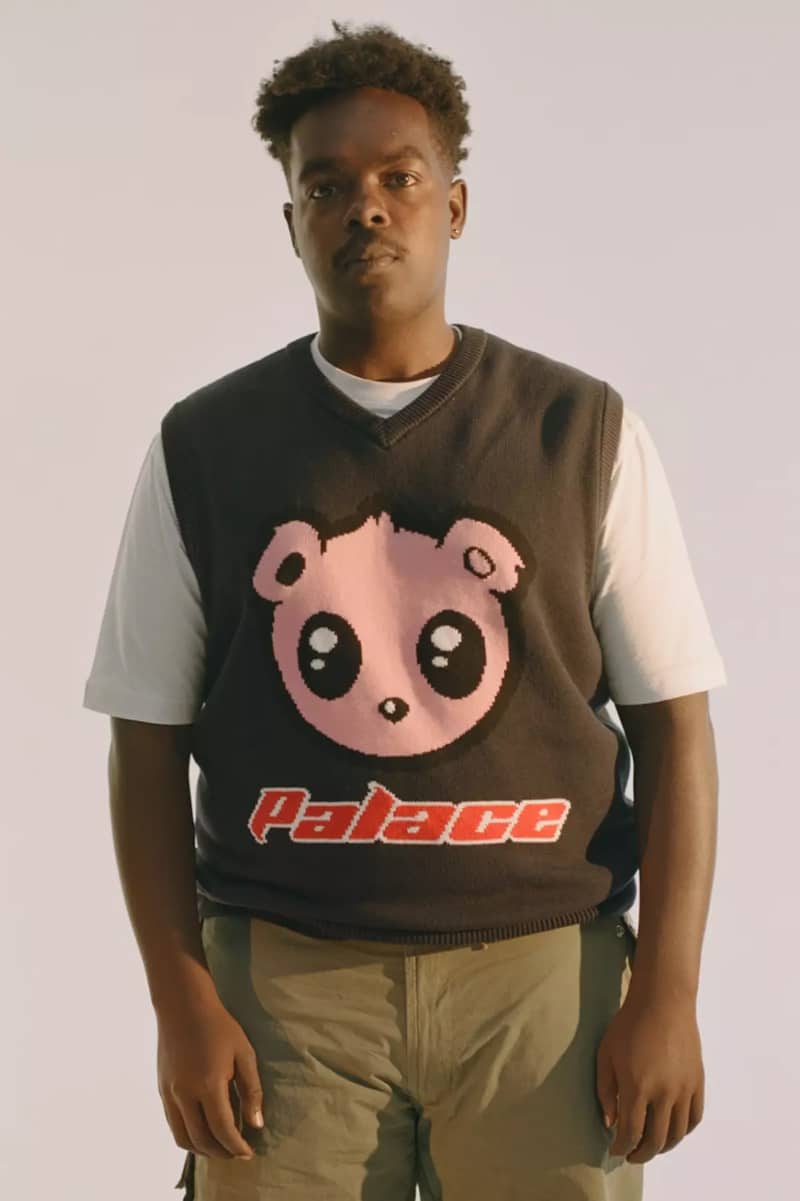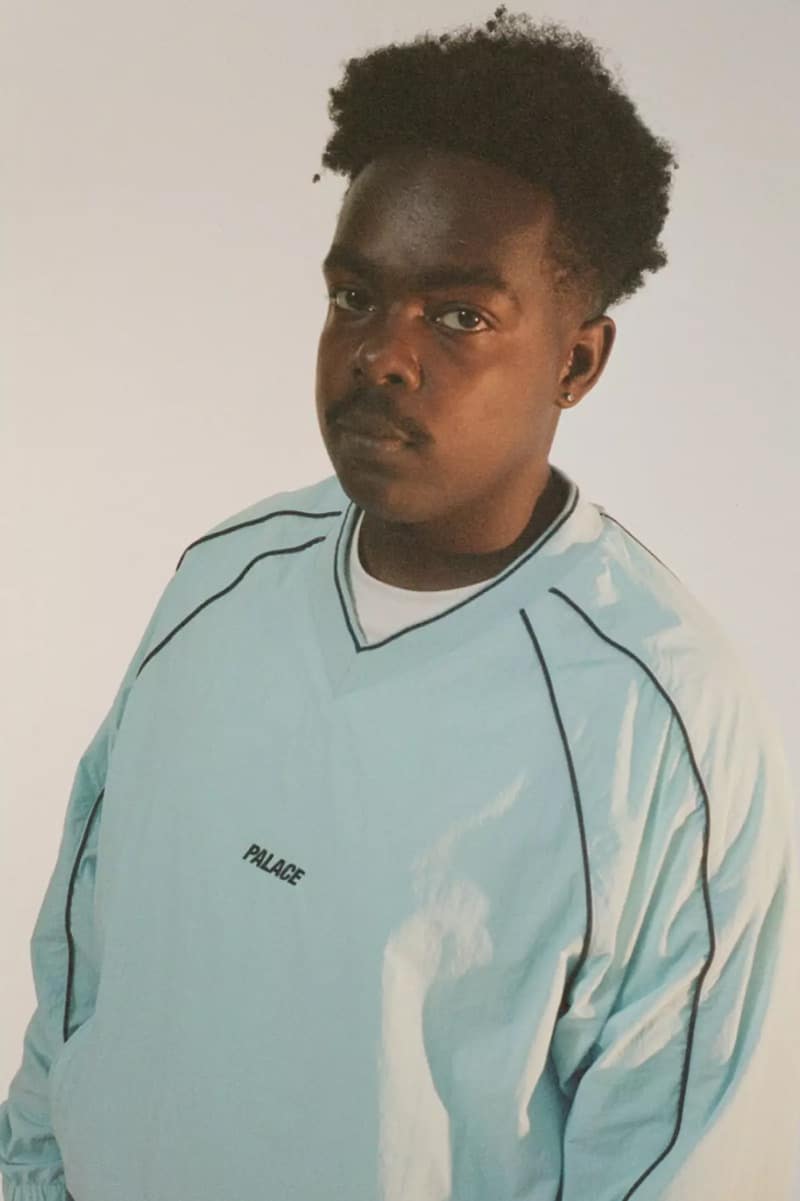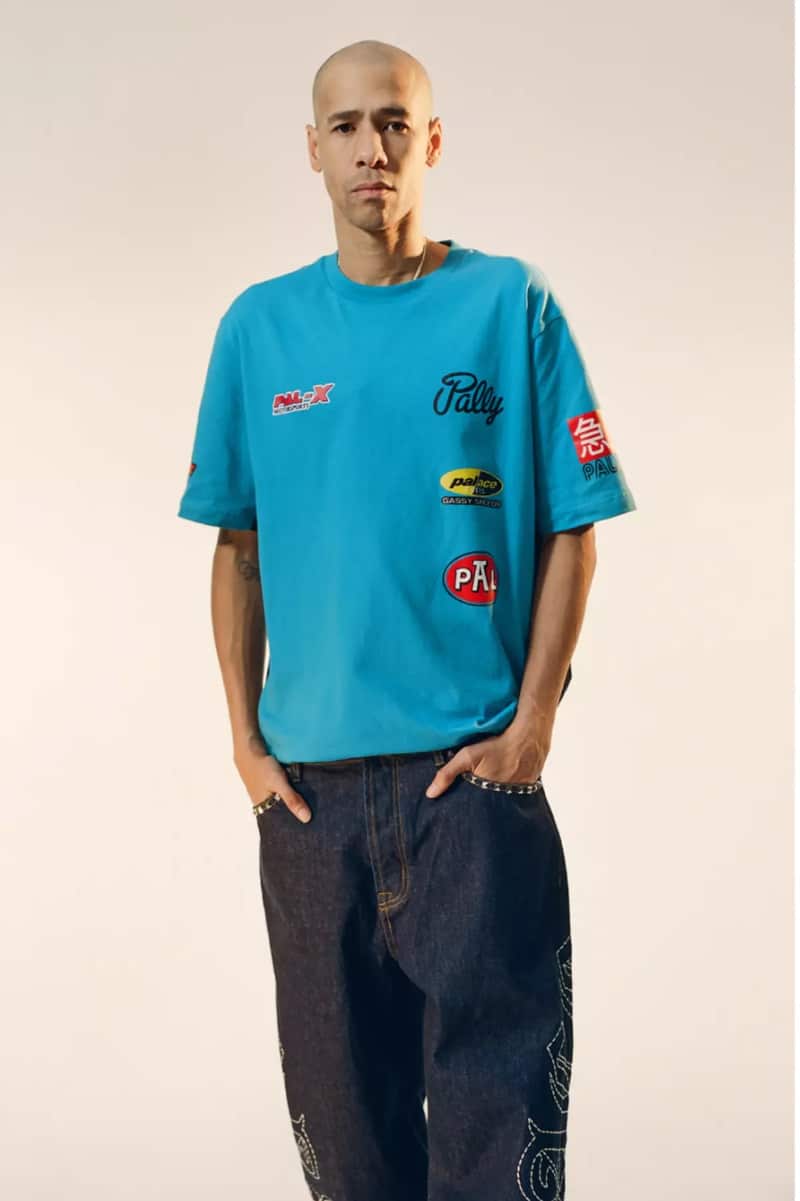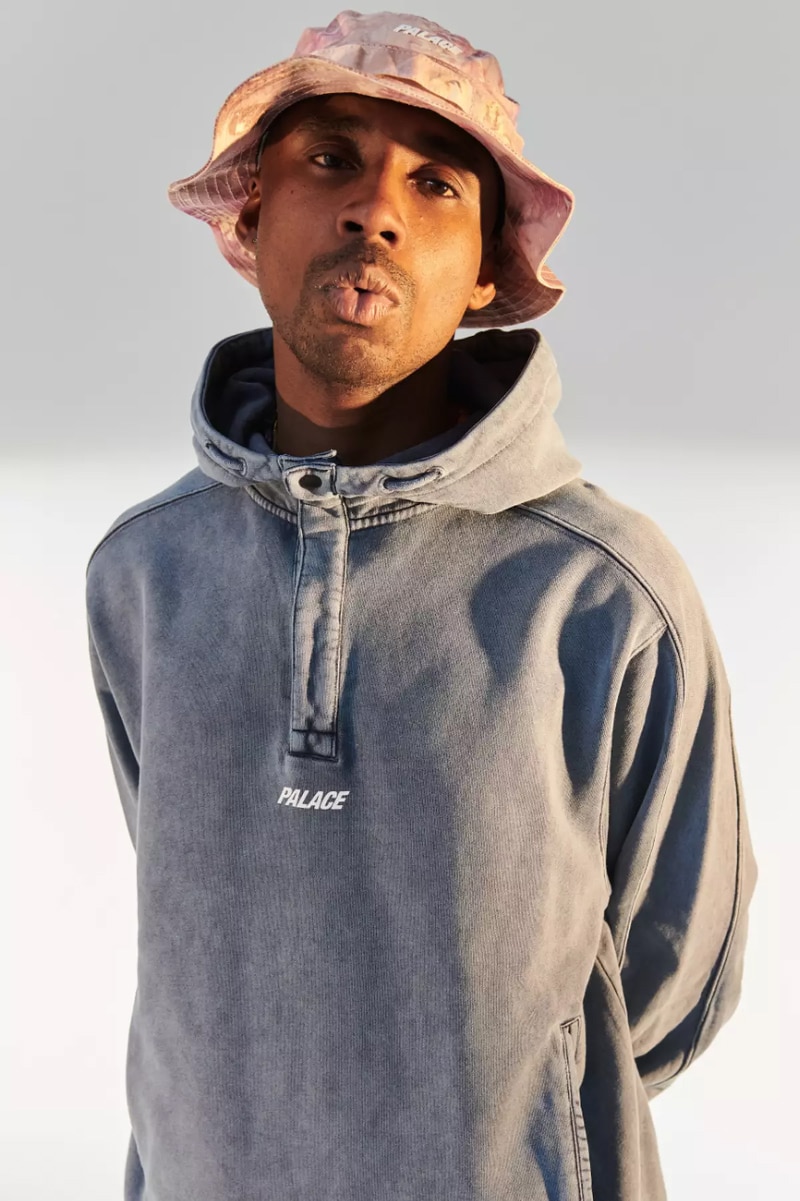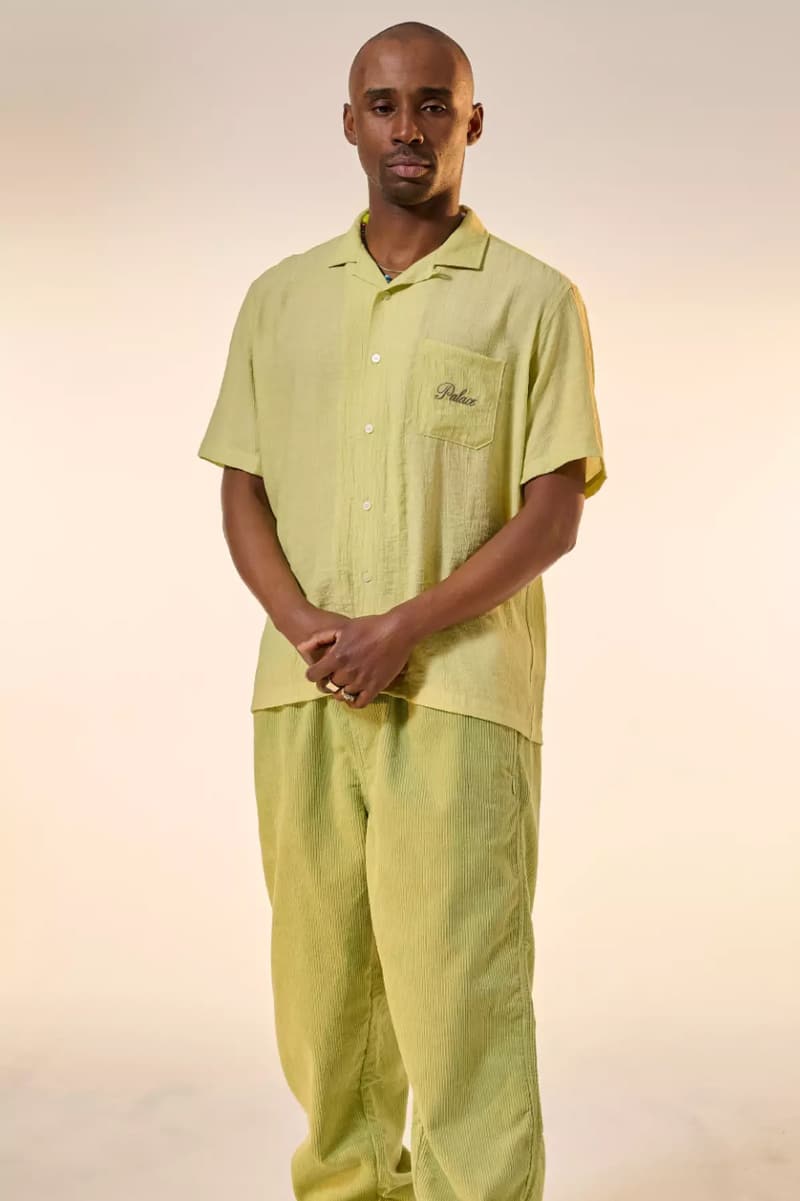DR. WALLACE: I’m a teenager who likes to doodle and paint, but my father thinks it’s a waste of time. My mother is quite artistic, and she’s a fantastic decorator in our home. She has a keen and tasteful eye for decor and fashion, but my father is more rigid and less interested in the arts.
My mom recently told me painting and creating art can be beneficial for a young person. Can you confirm this? If so, I’d like to show my letter to you and your reply back to me to my dad so he might ease up on telling me I’m wasting my time. — I Like to Paint, via email
I LIKE TO PAINT: I agree with your mother that you are indeed not wasting your time. Painting can nurture brain activity, and this has been supported by research on this topic.
Think about how a child learns to use a crayon to color in a coloring book. Even the child’s first rudimentary scribbles serve an important function in advancing eye-hand coordination and cause the brain to engage in cognitive processing. Even young children who take the time to draw pictures demonstrate better concentration and focus. This benefit continues throughout life’s development, and the teen years also derive a good benefit accordingly.
Creating art has positive effects on the human body both mentally and physically. It boosts creativity, soothes anxiety and elevates self-esteem. I side decidedly with your mother on this topic.
DR. WALLACE: I’m going to be hosting a party for several of my fellow students to celebrate a special event next month. I’m not experienced as a host at all.
Since this is my event, to be held on a Saturday afternoon into the early evening, everyone else in my family























